Main Menu
The Mental Side of Coping With Injury

Katie Pajerowski is a physical therapist based in central Maryland, where she owns and operates her practice, Ascend Physical Therapy & Wellness. Katie first began running consistently while in grad school, and since then has completed races ranging from 10-mile to 50k distances, with favorite runs always being those on mountain trails. A desire to better serve runners and to help ‘bridge the gap’ from rehab to performance led her to get her coaching certification through RRCA. She is passionate about working with runners, hikers, rock climbers, dancers, and anyone who wants to live a more active life. When not working, she can most often be found outdoors somewhere with her husband and their dog.
Share This Article!
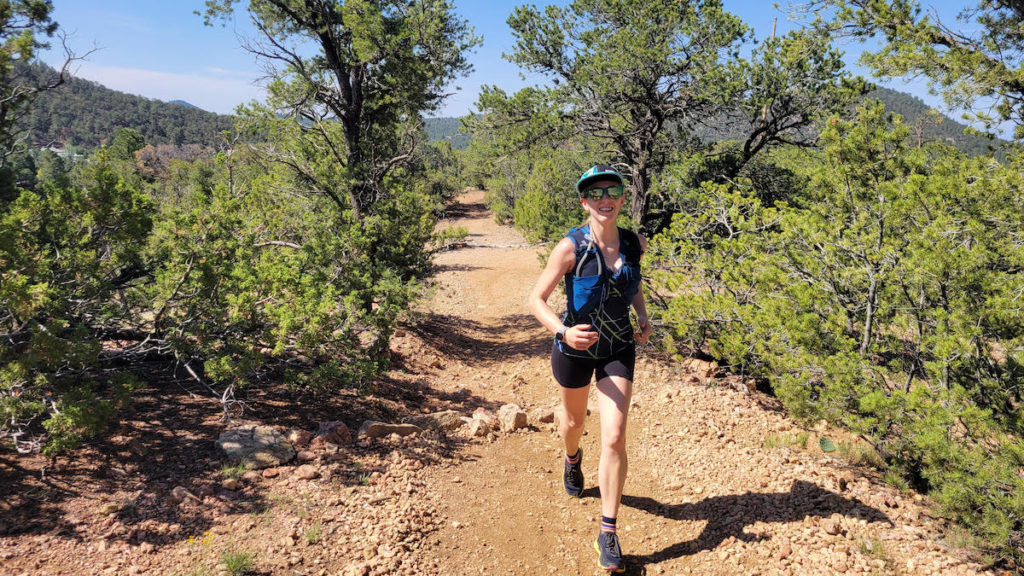
Many of us love running for its ability to challenge the assumptions we previously held about what our bodies are capable of. But what about when that paradigm gets flipped upside down, and suddenly we no longer feel capable? It can be a jarring experience.
As a physical therapist, I have seen so many of my patients struggle with these feelings when injured. A few years ago, I found myself on the other side of the equation after a sudden ankle injury while indoor rock climbing. I had been cruising along in half marathon training just a few days prior, feeling the best I had felt running in several years. It all came grinding to a halt, with me suddenly looking at surgery and several months of not being able to walk or even do my job. Despite encouraging many others through the rehab process, I discovered how dark it can actually feel in the midst of it.

One of the biggest challenges I felt when dealing with this injury was the sudden loss of how I spent my time – which strongly shaped the person I saw myself as. My love for my work as a physical therapist, for running, for rock climbing, for movement in the outdoors, had become a source of my own self-image and identity. Now I felt adrift.
Yet, I found that my own experience with injury also gave me the gift of being better able to understand what my patients might be going through, and to empathize with these experiences in a much more real way. In that vein, I’d like to share some of the lessons and reminders I’ve learned through my own experiences and my patients’ experiences. Whether dealing with an injury, an illness, or a nagging pain that makes you feel less than your best, here are some things to remember that may help you cope (and even thrive) as you move through it:
Find a routine. Injury can make you feel lost, especially when it takes you away from the ways you usually spend your time, and creating a new weekly routine can provide an anchor. For some, that might look like putting rehab exercises or an upper body workout in place of a running routine; for others, that might look like a walk around the block, or carving out 10 minutes for some gentle stretching and deep breathing. Whatever it is, find something that makes your body feel good, and even if you can’t do your normal level of activity, give yourself some consistent time to take care of you.
Stay present in your community. One of the challenges of running injuries is that not only are you missing running, often you’re missing the social circle that you’ve built up around running. Feeling isolated can make dealing with injury even harder. Don’t be afraid to reach out to your community: volunteer for a race, or text a running friend and ask if you can meet for a post-run breakfast, even if you can’t do the run. It can be hard to ask for help or support. Initially after my ankle injury, I found myself trying to share it with as few people as possible – I didn’t want to think about it, talk about it, or be asked how I felt. It’s so much easier to share successes than it is to share setbacks and challenges. It can help to remind yourself how, as a friend, you would want to support others in your community who need it – so when you’re the one who needs support, let your friends have the chance to provide it. Accepting support can be a chance to nurture the relationships with those who offer it.

Recognize that recovery is not always linear – but don’t let this overwhelm you. When there is a big hill coming up on your run or hike, you don’t spend your mental energy anticipating the hard parts; you just go, and meet them when they arrive. There will be hard parts and bad days when recovering from injury; once you’ve acknowledged this, try not to worry about them until you get there. Fighting worry and negative thoughts can be a constant battle; it might feel like marathon training for your brain. It is normal when dealing with injury to feel sad, angry, frustrated, or even distrustful of your body – but once you’ve spent time feeling those feelings, it can be helpful to also offer yourself some conscious, positive self-talk about the healing injury. I have often reminded myself of this quote from athlete and strength coach Elisabeth Akinwale: “Your precious body, whatever it’s been through, is your only one. Show it love.”
Acknowledge feelings of remorse or self-blame around your injury… then let them go. It is a natural instinct to seek out a reason when bad things happen, and often that search can leave you dwelling on a refrain of, “if only I would have done things differently.” The reality is that injury is complicated. It’s multi-factorial, and while there are things you can learn, and things you can do to reduce your risk, you can’t fully prevent injury. To some extent, it’s going to be a part of running and a part of life. Being injured doesn’t mean you did anything wrong, and while it’s good to learn what lessons you can from these experiences, putting excessive focus on self-blame usually doesn’t help you move forward.
Know that your value is more than what you do and how you perform. When you are involved in things you care about – work, caretaking for family members, running, other hobbies or passions that your body allows you to do – those things can feel like a part of who you are. But when you are injured and can’t do those things, those facets of your identity are suddenly stripped away. The pride that comes with setting and achieving a goal can make you derive a sense of value and worth from your performance. But the people you have relationships with don’t value you because of your marathon PR or your 5k win or the distance you hiked. They might value the spirit and determination you bring; your sense of humor; your insight, your kindness, your loyalty. Injury can be an opportunity to remind ourselves that who we are is not what we do, and that what we have to offer is more than our performance.
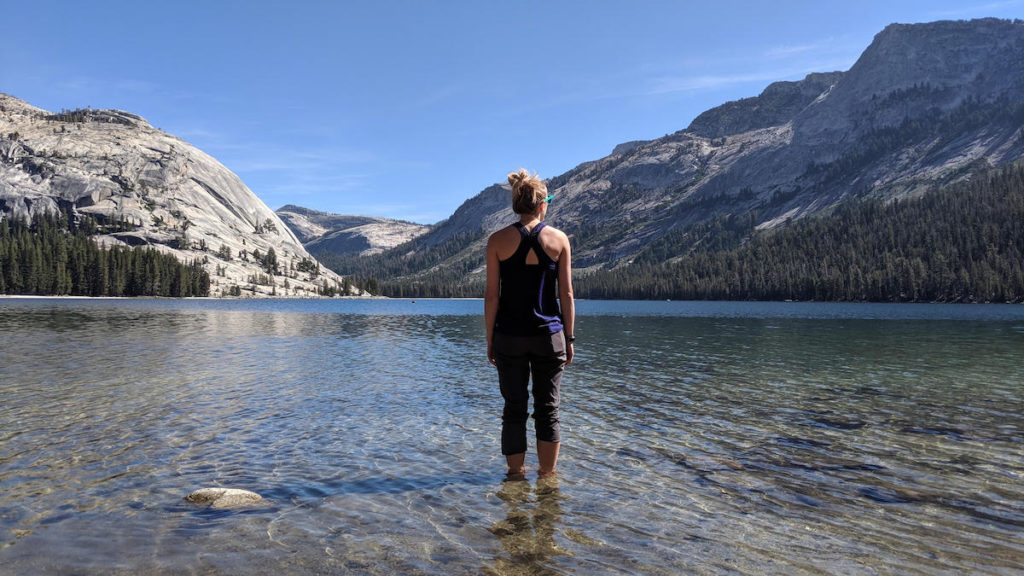
Remember that there will be better days ahead. About 2 and a half years after my ankle surgery, I ran my first 50k. With 5 miles to go, I remember feeling suddenly awash in the realization that this was the farthest I had ever run, that my body had carried me through all these miles, even when just two years prior I was still struggling to string together one or two miles without pain. Our bodies are incredibly resilient and adaptable when given the chance. We might not feel that resilience every day; in fact, there are almost guaranteed to be days where we must deal with injury or illness or the general imperfections of being human. But for every one of those days, trust there will also be days where we get to move in the outdoors, to challenge ourselves, to experience that sought-after feeling of flow. So when you hear that voice in your brain saying, “What if things never improve?”, you can say back to it:
“What if everything works out?”
“What if your hard work pays off?”
“What if some of the very best days are still ahead of you?”
About the Author

Katie Pajerowski is a physical therapist based in central Maryland, where she owns and operates her practice, Ascend Physical Therapy & Wellness. Katie first began running consistently while in grad school, and since then has completed races ranging from 10-mile to 50k distances, with favorite runs always being those on mountain trails. A desire to better serve runners and to help ‘bridge the gap’ from rehab to performance led her to get her coaching certification through RRCA. She is passionate about working with runners, hikers, rock climbers, dancers, and anyone who wants to live a more active life. When not working, she can most often be found outdoors somewhere with her husband and their dog.
Share This Article!


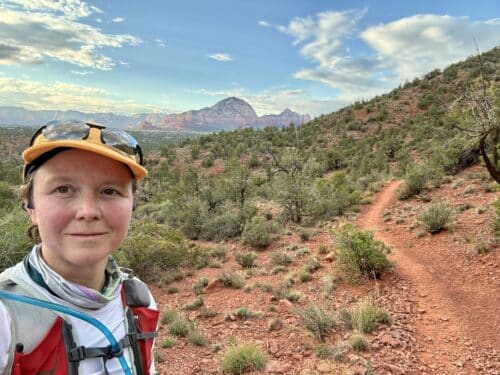
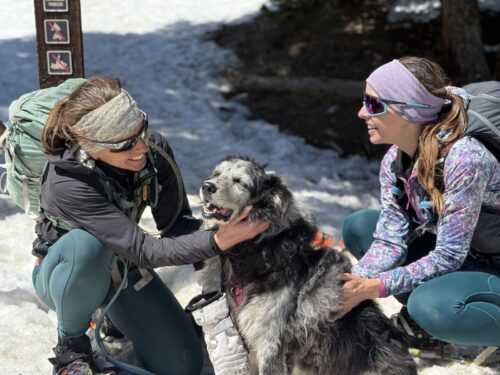

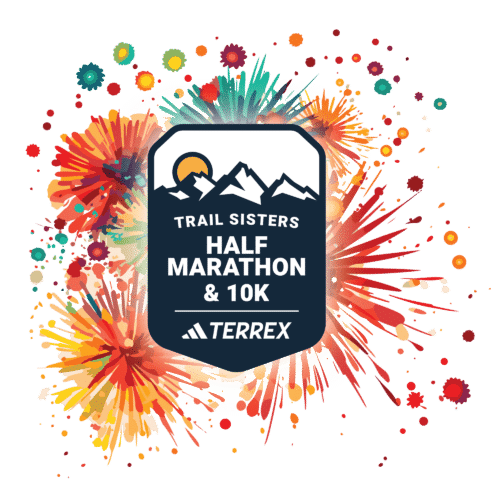
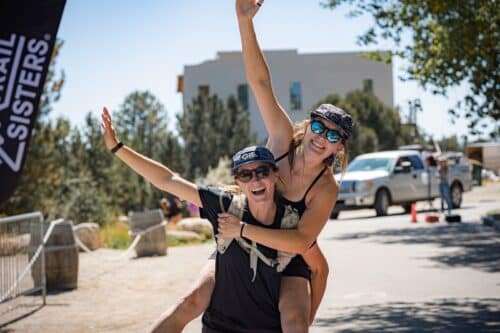

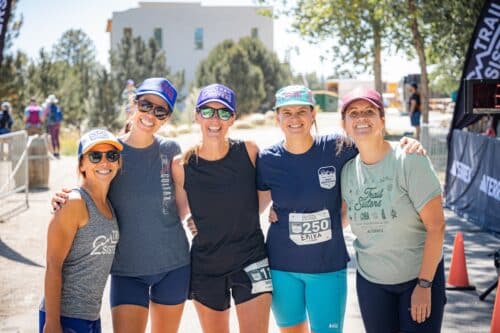
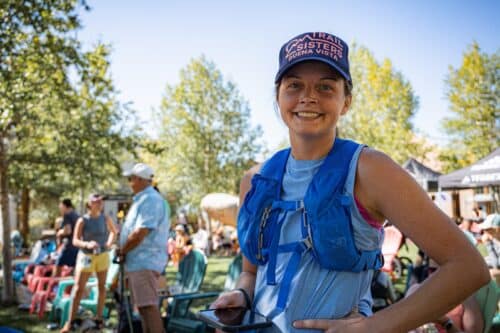

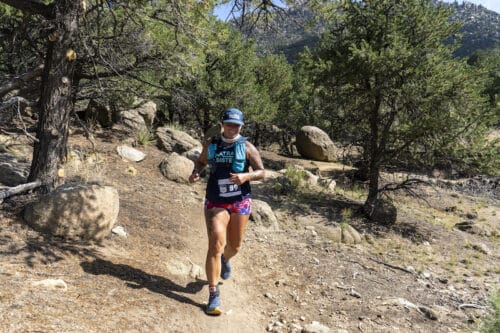
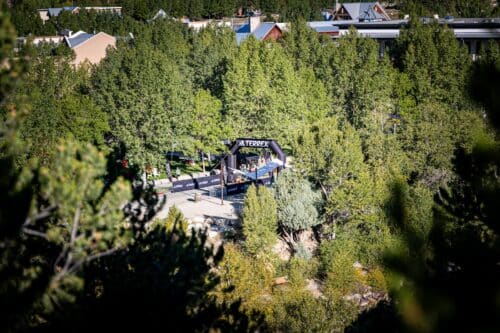
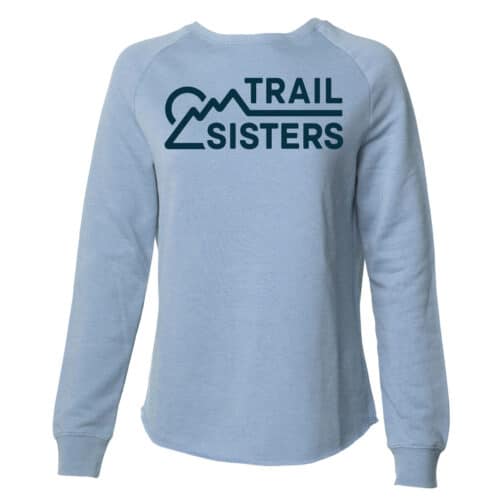
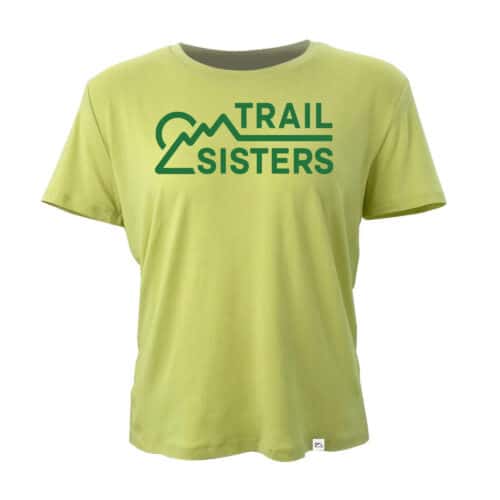
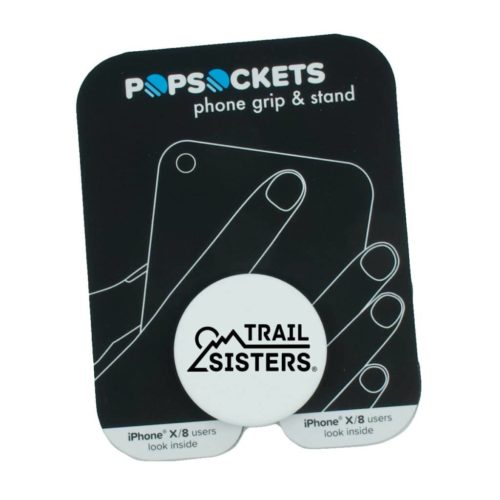
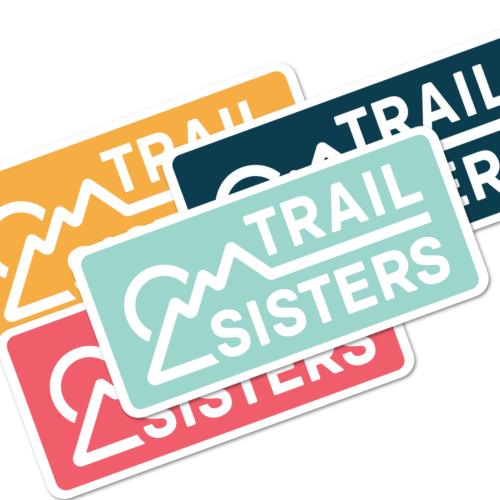

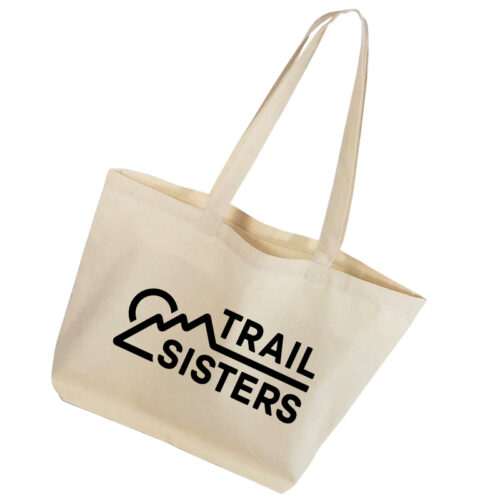

One Response
Exactly what I needed to hear after pulling (or something) a muscle during marathon training this weekend. Thank you, particularly for the end. That’s just what I needed to hear.